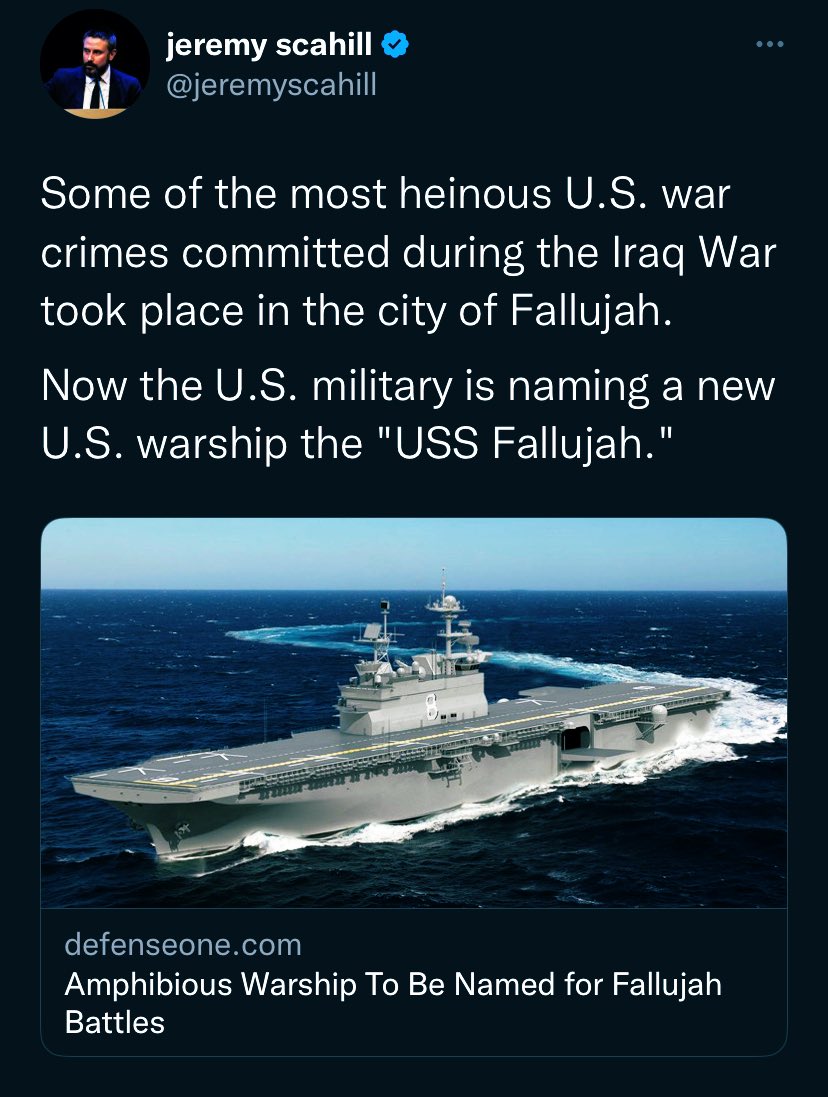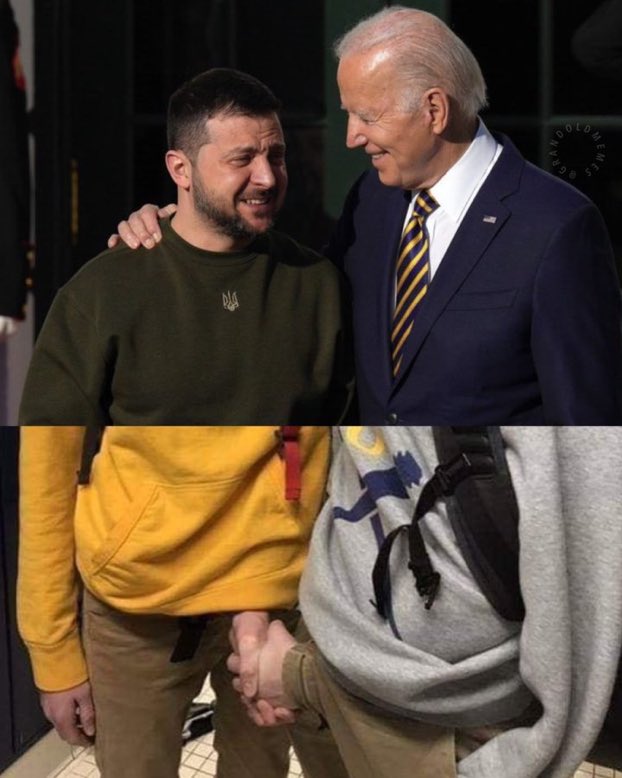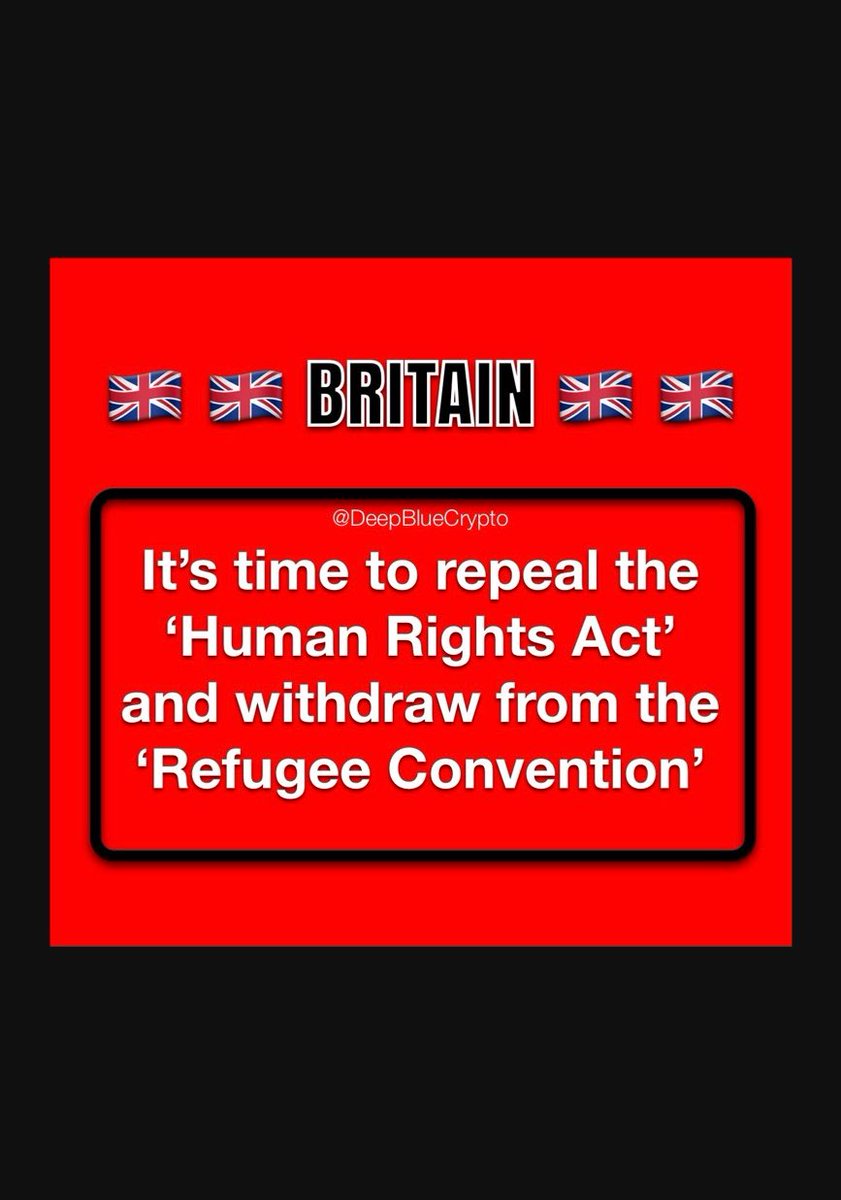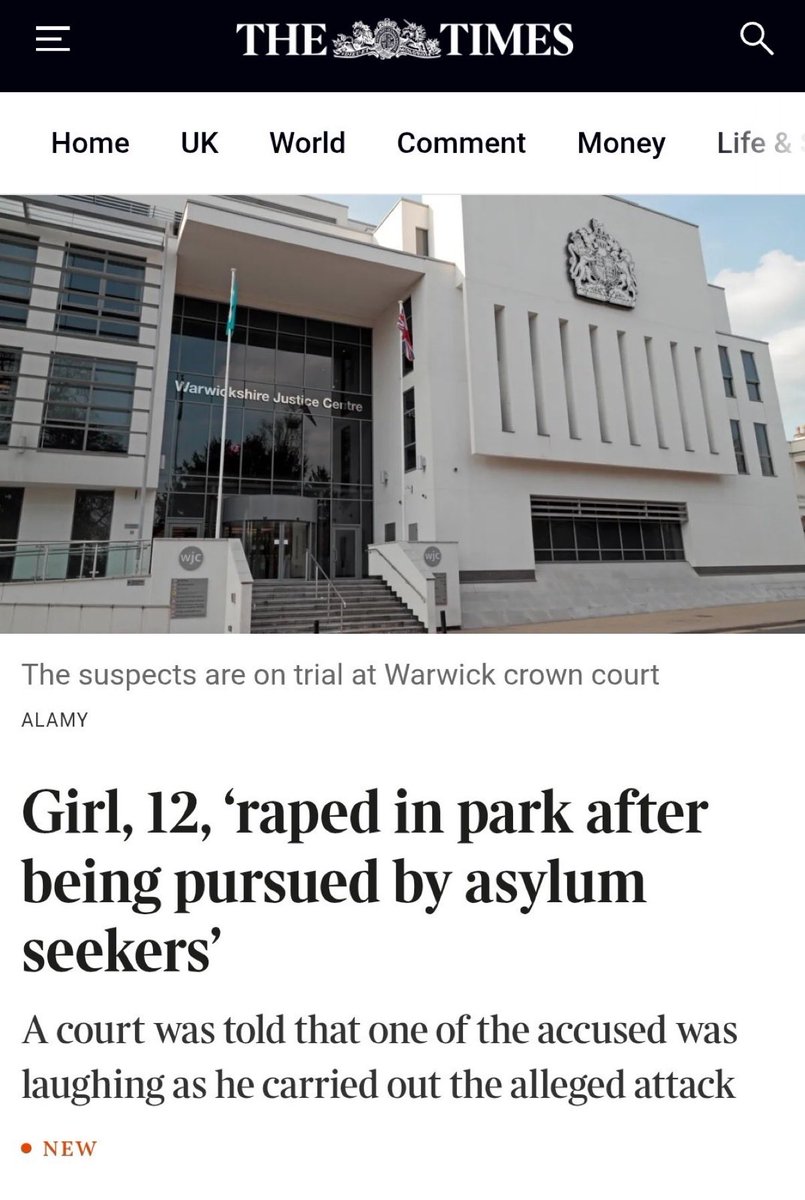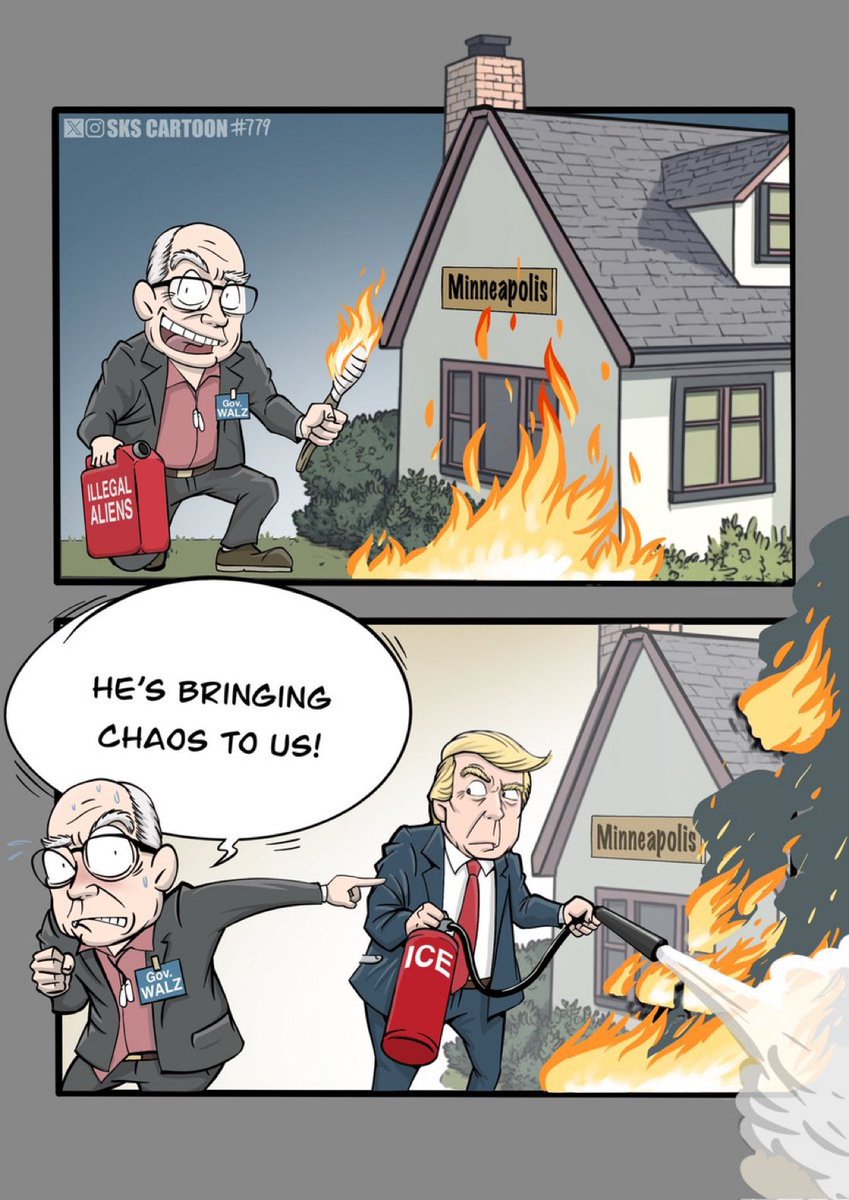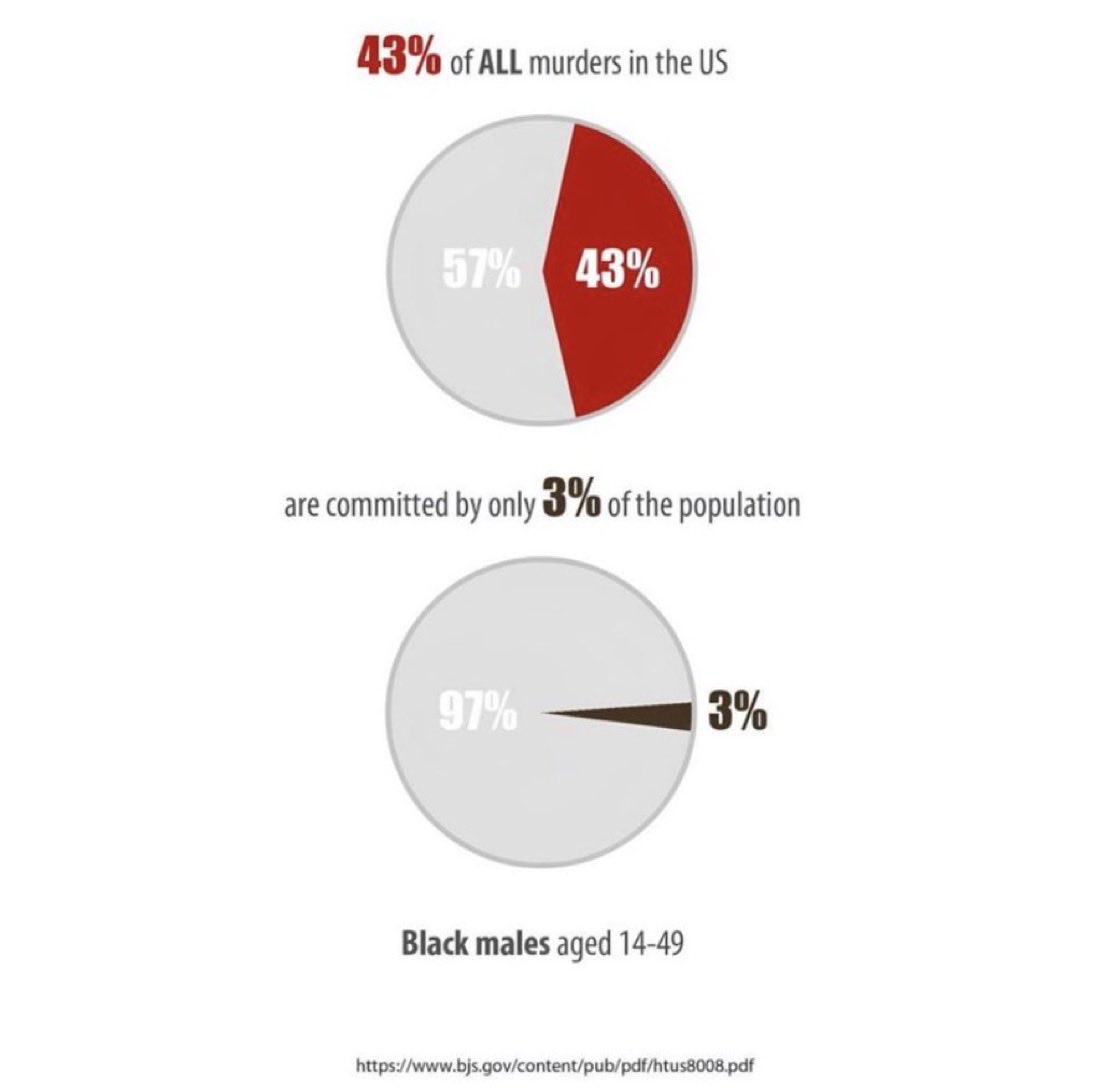USA is the worlds superpower not only because of its technology and wealth, but also due to its forced democracy military campaigns all over the world.
US gets to decide who gets democracy and who doesn’t depending on their available resources like oil, gold, minerals etc. a 🧵
US gets to decide who gets democracy and who doesn’t depending on their available resources like oil, gold, minerals etc. a 🧵

Here’s a prev thread 🧵 on wars
https://twitter.com/DeepBlueCrypto/status/1600109323396386818
From prev thread 🧵 on wars
https://twitter.com/DeepBlueCrypto/status/1597738199790809088
The hardest thing to say is truth to a government full of liars and a world full of ignorant people living those lies.
#FreeAssange #FreeAssangeNOW
#FreeSnowden #FreeSnowdenNow
#FreeAssange #FreeAssangeNOW
#FreeSnowden #FreeSnowdenNow

International arms dealer Victor Bout has given his first interview after being released from US custody
#MerchantOfDeath
#MerchantOfDeath
Julian Assange lost the fight
Edward Snowden lost the fight
They lost the fight bringing out the truth about the misdeeds of your government. If it was about any other entity like an NGO, charity or a corporation it’d have killed it.
#FreeAssange #FreeSnowden
Edward Snowden lost the fight
They lost the fight bringing out the truth about the misdeeds of your government. If it was about any other entity like an NGO, charity or a corporation it’d have killed it.
#FreeAssange #FreeSnowden

#TIMEPOY 😂 

Each dot represents $100,000 in US taxpayer dollars, according to this highly illustrative graphic
cc: @wgeary
This is funding a NATO proxy war to further #MilitaryIndustrialComplex
If put to vote 90% of Americans would oppose to fund Ukraine war
cc: @wgeary
This is funding a NATO proxy war to further #MilitaryIndustrialComplex
If put to vote 90% of Americans would oppose to fund Ukraine war
Wars are bad anywhere…
If you’re a god loving nation, oppose war of any form in Ukraine, Yemen, Saudi Arabia, Israel, Palestine, Syria and anywhere else you see US support
If you’re a god loving nation, oppose war of any form in Ukraine, Yemen, Saudi Arabia, Israel, Palestine, Syria and anywhere else you see US support
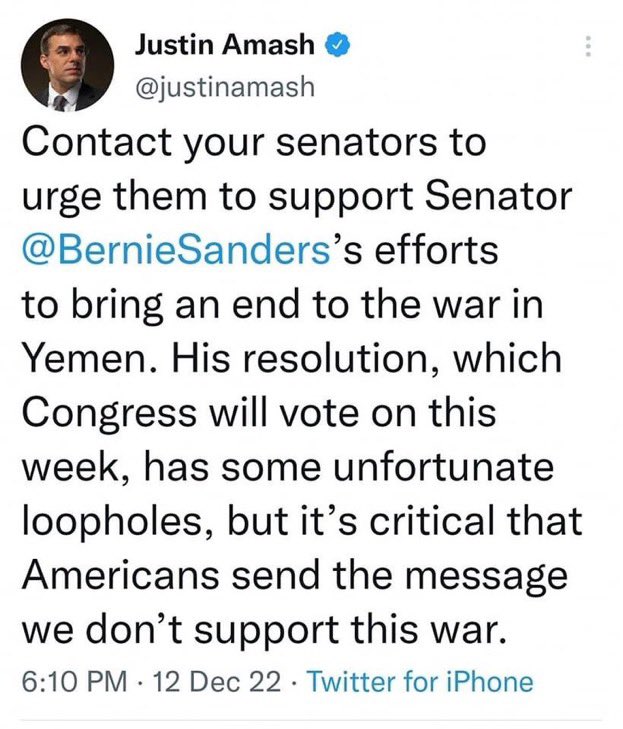
Biden Kills Senate Resolution To End Yemen Genocide
Democrats, Republicans and Bernie Sanders are all culpable in genocide
Democrats, Republicans and Bernie Sanders are all culpable in genocide
https://twitter.com/caitoz/status/1602896633116897280
This is war funding for waging a proxy war with Russia on taxpayer dime without approval from US taxpayers of course #MilitaryIndustrialComplex
Spending 100x for taking down Russian drones is aweful ROI for war but who cares about taxpayers right
Spending 100x for taking down Russian drones is aweful ROI for war but who cares about taxpayers right

2008 - Iraqi journalist Muntadhar al-Zaidi threw his shoes at war criminal G.W. Bush who illegally invaded Iraq and slaughtered over a million Iraqis based on WMDs lies.
#MilitaryIndustrialComplex
#MilitaryIndustrialComplex
It’s always about the money, resources
https://twitter.com/DeepBlueCrypto/status/1543241747832213505
Israel 🇮🇱 is a bully & a war monger. USA and EU support Israel under all circumstances. Palestine 🇵🇸 is slowly erased from the world map one child at a time, one family at a time, one home at a time, one street at a time, one community at a time
If you are born in Palestine, your age is irrelevant: a child of 6, 8, or 11 years old is harassed, humiliated and persecuted as adults are.
Israel 🇮🇱 is a war monger
USA 🇺🇸 is a war monger supporter
EU is also a war monger supporter
Israel 🇮🇱 is a war monger
USA 🇺🇸 is a war monger supporter
EU is also a war monger supporter
NATO doesn’t really want peace
USA doesn’t really want peace
Allies don’t really want peace
EU doesn’t really want peace
They’re all eternal #Warmongers
USA doesn’t really want peace
Allies don’t really want peace
EU doesn’t really want peace
They’re all eternal #Warmongers
EU, USA & NATO have brought death and devastation to Afghanistan, Iraq, Nicaragua, Palestine, Cuba, Iran, Venezuela, Libya, Syria, Lebanon, Yemen and Bahrain. You've backed a coup in Ukraine & assisted fascist groups that sought to crush Russian speaking citizens 🤷♂️
https://twitter.com/vonderleyen/status/1600535728173199360
USA & NATO presses a button here and real lives are destroyed across the world 🛑 🛑 🛑
USA & NATO destroyed lives in Vietnam, Afghanistan, Syria, Libya, Iran, Iraq, Lebanon, North Korea, Venezuela, Colombia, Panama, Kuwait, Congo, Cambodia, Bosnia, Somalia, Grenada and others
USA & NATO destroyed lives in Vietnam, Afghanistan, Syria, Libya, Iran, Iraq, Lebanon, North Korea, Venezuela, Colombia, Panama, Kuwait, Congo, Cambodia, Bosnia, Somalia, Grenada and others

Mr. President… how about not starting these wars in the first place. You’re still funding the NATO proxy war in Ukraine, you’re funding the Yemen genocide and you’re supporting the Palestine land grab.
ITS LIKE YOU’RE STARTING FIRE IN A BURN PIT & TREATING THE WOUNDS
ITS LIKE YOU’RE STARTING FIRE IN A BURN PIT & TREATING THE WOUNDS

Why do we still keep funding wars
Its almost as if they never want peace & happiness, they want endless wars
Its almost as if they never want peace & happiness, they want endless wars

Zelensky’s wife spending 40,000 Euros in Paris on a single shopping trip while asking for more… whoever’s funding Ukraine war is a sucker
- EU is a sucker
- USA is a sucker
- NATO is a sucker
- EU is a sucker
- USA is a sucker
- NATO is a sucker

If Ukraine 🇺🇦 is the #1 priority for USA then you know who’s interest are they serving. They never want the war to end, they want an endless war with endless profits for themselves and their weapons manufacturers.
It’s a #MilitaryIndustrialComplex
It’s a #MilitaryIndustrialComplex
https://twitter.com/EricMMatheny/status/1605529725887078400
#WarFunding #MoneyLaundering
#MilitaryIndustrialComplex
Sponsored by Lockheed Martin, Raytheon, Northrop Grumman, General Dynamics, Boeing etc.
#MilitaryIndustrialComplex
Sponsored by Lockheed Martin, Raytheon, Northrop Grumman, General Dynamics, Boeing etc.

• • •
Missing some Tweet in this thread? You can try to
force a refresh



